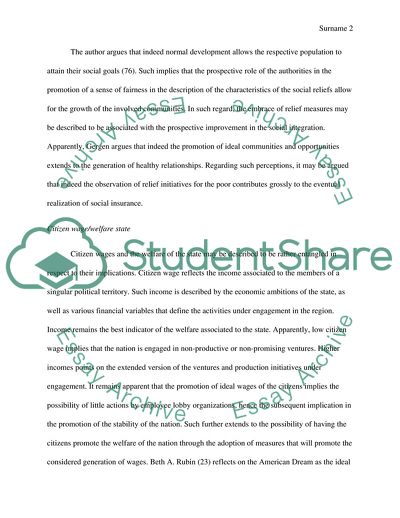Cite this document
(Poor Relief and Social Insurance Assignment Example | Topics and Well Written Essays - 1750 words, n.d.)
Poor Relief and Social Insurance Assignment Example | Topics and Well Written Essays - 1750 words. https://studentshare.org/sociology/1853760-final-assignment
Poor Relief and Social Insurance Assignment Example | Topics and Well Written Essays - 1750 words. https://studentshare.org/sociology/1853760-final-assignment
(Poor Relief and Social Insurance Assignment Example | Topics and Well Written Essays - 1750 Words)
Poor Relief and Social Insurance Assignment Example | Topics and Well Written Essays - 1750 Words. https://studentshare.org/sociology/1853760-final-assignment.
Poor Relief and Social Insurance Assignment Example | Topics and Well Written Essays - 1750 Words. https://studentshare.org/sociology/1853760-final-assignment.
“Poor Relief and Social Insurance Assignment Example | Topics and Well Written Essays - 1750 Words”. https://studentshare.org/sociology/1853760-final-assignment.


